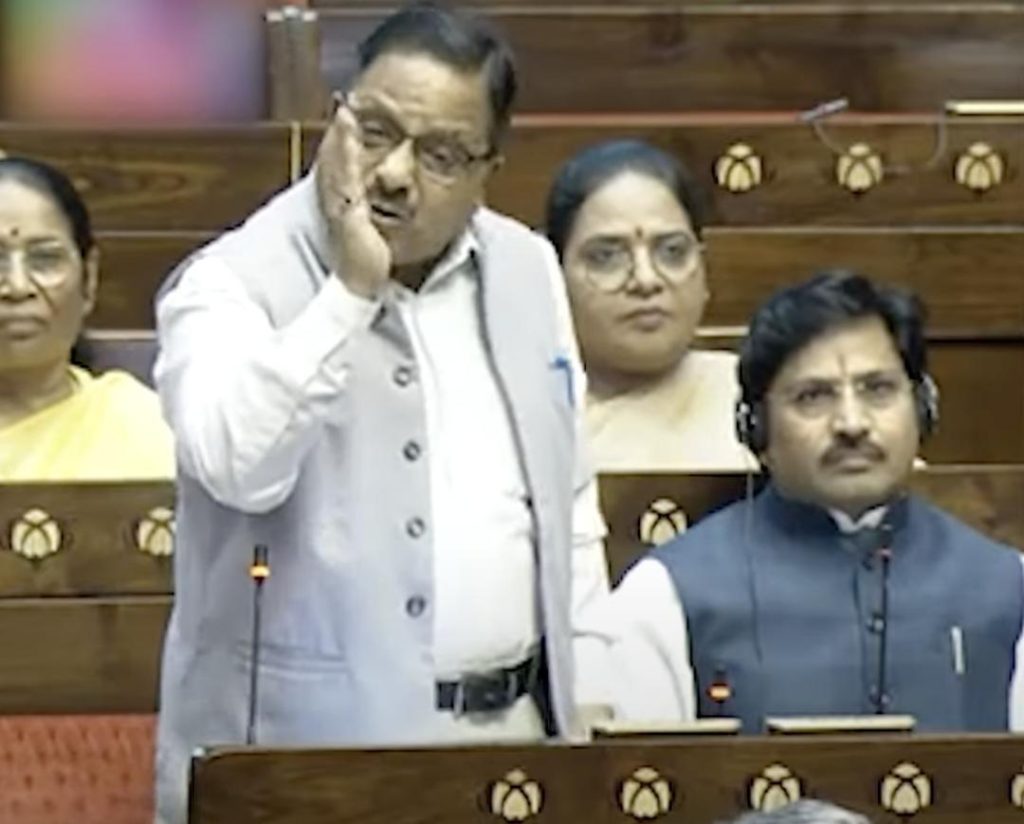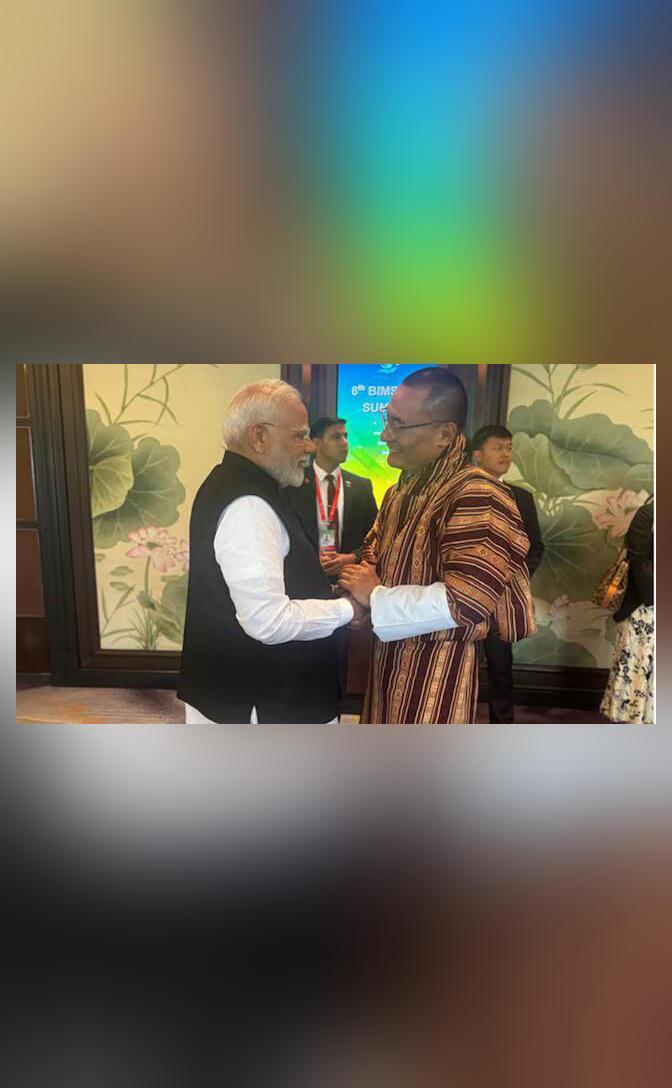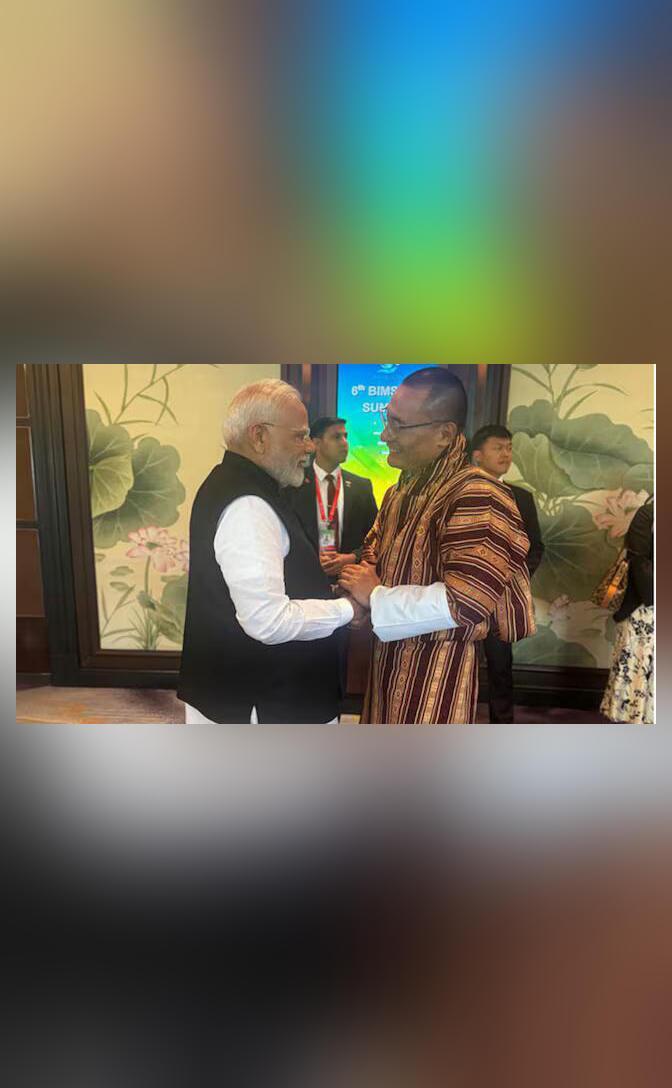
Should I Read the Quran and Tell You What’s Written in It: BJP MP Radha Mohan Das on Waqf Bill
The Waqf Bill has been a topic of intense debate in India, with many political leaders and experts weighing in on its implications. Recently, during a discussion on the bill, BJP MP Radha Mohan Das made a statement that has sparked widespread controversy. In his remarks, he asked if he should read the Quran and tell the public what is written in it. This statement has raised questions about the role of religion in politics and the responsibility of elected representatives to educate themselves about religious texts.
In the context of the Waqf Bill, Radha Mohan Das’s statement was directed at the Waqf Board, which manages properties belonging to Muslims. The Waqf Board has been criticized for its alleged lack of transparency and accountability in managing these properties. Radha Mohan Das, in his remarks, pointed out that the Quran requires written records for even small transactions, and he questioned how the Waqf Board could claim to have properties worth thousands of crores without maintaining proper records.
“It is written in the Quran that if one rupee is given to anyone, there should be a written record,” Radha Mohan Das said. “And you say you have so many properties without a record. I am asking, should I read the Quran and tell you what’s written in it?”
Radha Mohan Das’s statement has been interpreted in different ways by different people. Some have seen it as an attempt to undermine the Waqf Board and perpetuate anti-Muslim sentiment. Others have seen it as a genuine attempt to highlight the importance of transparency and accountability in the management of Waqf properties.
However, the statement has also sparked a wider debate about the role of religion in politics and the responsibility of elected representatives to educate themselves about religious texts. Radha Mohan Das’s statement has raised questions about whether it is appropriate for political leaders to invoke religious texts to make a point, and whether it is their responsibility to understand the nuances of different religious traditions.
In a democratic society, elected representatives are expected to be well-versed in a range of topics, including political science, economics, and social sciences. However, the role of religion in politics is a complex and sensitive issue, and it is not always clear what is expected of political leaders in this regard.
On one hand, it could be argued that political leaders have a responsibility to understand religious texts and traditions in order to effectively govern a diverse society. However, on the other hand, it could also be argued that political leaders should focus on secular issues and leave religious matters to religious leaders.
In the case of Radha Mohan Das, his statement has been seen by some as an attempt to use religion to score political points. However, it is also possible to interpret his statement as a genuine attempt to highlight the importance of transparency and accountability in the management of Waqf properties.
Ultimately, the question of whether Radha Mohan Das should read the Quran and tell the public what is written in it is a complex one. While it is important for political leaders to be well-versed in a range of topics, including religious texts, it is also important to approach religious texts with sensitivity and respect.
In conclusion, Radha Mohan Das’s statement has sparked a wider debate about the role of religion in politics and the responsibility of elected representatives to educate themselves about religious texts. While his statement has been interpreted in different ways by different people, it is clear that it has raised important questions about the role of religion in politics and the responsibility of political leaders to approach religious texts with sensitivity and respect.
Source:
https://www.youtube.com/watch






